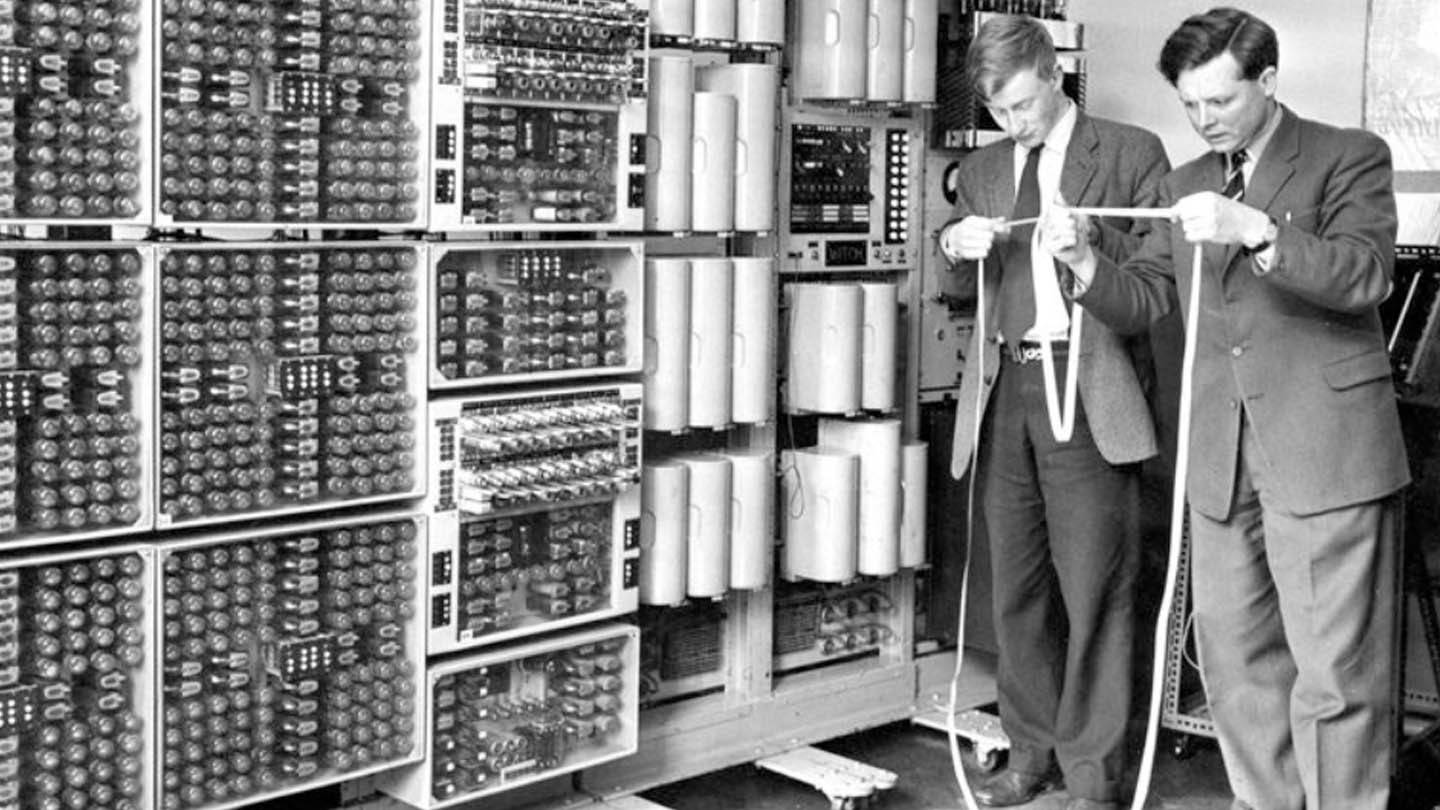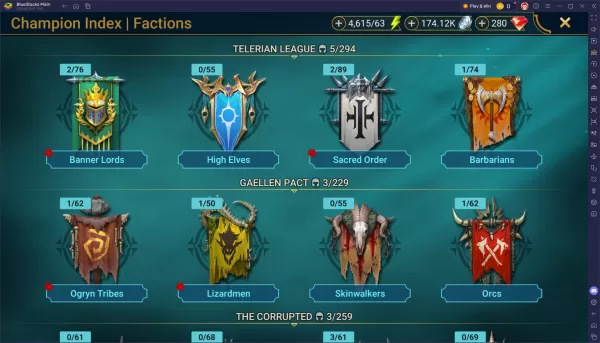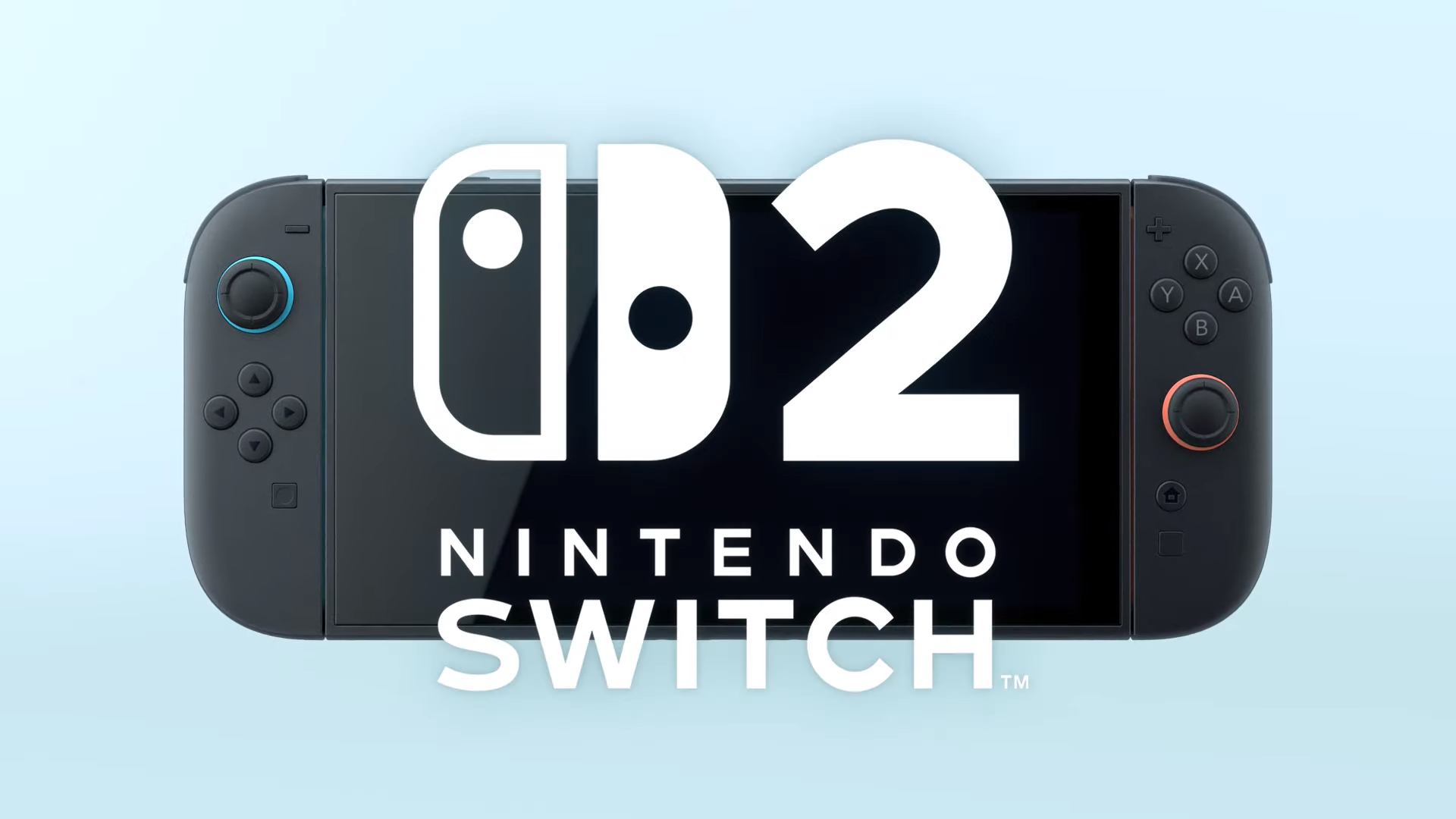8 Outdated Tech Still in Use Today
- By Liam
- Sep 23,2025


We routinely upgrade our technology every few years - whether it's the latest iPhone, a struggling processor, or a graphics card that can't run new games. These outdated devices often get resold or discarded.
Yet many obsolete technologies continue working in surprisingly vital roles. Here are eight fascinating examples of vintage tech that still serves important purposes today.
Table of Contents
- Retro Computers Mining Bitcoin
- A Trusted Mechanic's Tool Since the 1980s
- Vintage Tech Running Bakery POS Systems
- Outdated Computers Managing Nuclear Weapons
- Windows XP Powering Modern Aircraft Carriers
- Legacy Systems Causing Airport Disruptions
- Classic Hardware Used in Scientific Research
- Nostalgia Preserving Aging Technology
Retro Computers Mining Bitcoin

A tech enthusiast proved the 1982 Commodore 64 could technically mine Bitcoin, though its 8-bit, 1 MHz processor achieves just 0.3 hashes per second. For reference, an RTX 3080 GPU performs 100 million hashes per second. At this speed, earning one Bitcoin would take roughly a billion years.
Another experiment involved mining with a 1989 Nintendo Game Boy. Using a Raspberry Pi Pico for internet connectivity, it managed 0.8 hashes per second - marginally faster than the C64, but still about 125 trillion times slower than modern ASIC miners. The Game Boy would require more time than the universe's existence to mine a full Bitcoin.
A Trusted Mechanic's Tool Since the 1980s

A mechanics shop in Gdansk, Poland has relied on a Commodore 64C for over 30 years. Despite surviving flooding, this computer continues performing precise drive shaft calculations for the business. Its 1 MHz processor and 64 KB memory effortlessly run custom software developed by the shop owner, demonstrating how older tech can outlast modern alternatives.
Vintage Tech Running Bakery POS Systems

An Indiana bakery has used a Commodore 64 as its point-of-sale system since the 1980s. Nicknamed the "breadbox," this computer serves as an internet cash register. Unlike modern POS systems prone to update issues, the C64 has remained perfectly reliable - only requiring occasional keyboard label updates for product changes.
Outdated Computers Managing Nuclear Weapons

Remarkably, the U.S. nuclear arsenal still depends on a 1976 IBM computer that uses 8-inch floppy disks storing about 80 KB each - less than a modern text message. While modernization plans exist, this system remains operational due to proven reliability.
Similarly, Germany's navy uses 8-inch floppies on its 1990s-era Brandenburg-class frigates. Despite housing advanced weaponry, these ships maintain outdated storage tech. Current upgrades involve floppy disk emulators, though nostalgia preserves some original systems.
Windows XP Powering Modern Aircraft Carriers

The multi-billion pound HMS Queen Elizabeth aircraft carrier runs on Windows XP, despite Microsoft ending support in 2014. The Royal Navy maintains proper security measures, but this reliance on obsolete software raises concerns.
Britain's Vanguard-class nuclear submarines also use XP for missile management. These isolated systems won't receive updates until 2028 for security reasons.
Legacy Systems Causing Airport Disruptions

In 2015, Paris Orly Airport experienced system failures when a Windows 3.1 computer crashed. This 1992 system running weather software failed, forcing temporary flight suspensions for safety. Some joked the computer simply wanted to upgrade to Windows 95.
Classic Hardware Used in Scientific Research
While not covered in detail, many educational institutions continue using retro computers like the Commodore 64 for teaching programming fundamentals and physics simulations. Their simplicity makes them ideal learning tools for core computing concepts.
Nostalgia Preserving Aging Technology
Beyond practical uses, many organizations retain legacy systems due to nostalgia, compatibility concerns, or cost avoidance. These cases highlight the enduring value of familiar, reliable technology, even as upgrades eventually replace them.
These examples demonstrate how outdated technology continues serving critical roles worldwide. From gaming consoles mining cryptocurrency to ancient computers controlling defense systems, obsolete tech proves remarkably persistent - reminding us of the enduring value of simplicity and reliability.
Latest News
more >-

- Top 2025 Faction War Champions in Raid
- Feb 12,2026
-

- The Simpsons Krusty Burger LEGO Set Returns
- Feb 12,2026
-

- Nikke Marks 2.5 Years with Anniversary Event
- Feb 12,2026
-

- Magia Exedra Launches New Fate Weave & Battles
- Feb 12,2026
-

- 8BitDo Unveils Ultimate Wireless Controller
- Feb 12,2026



